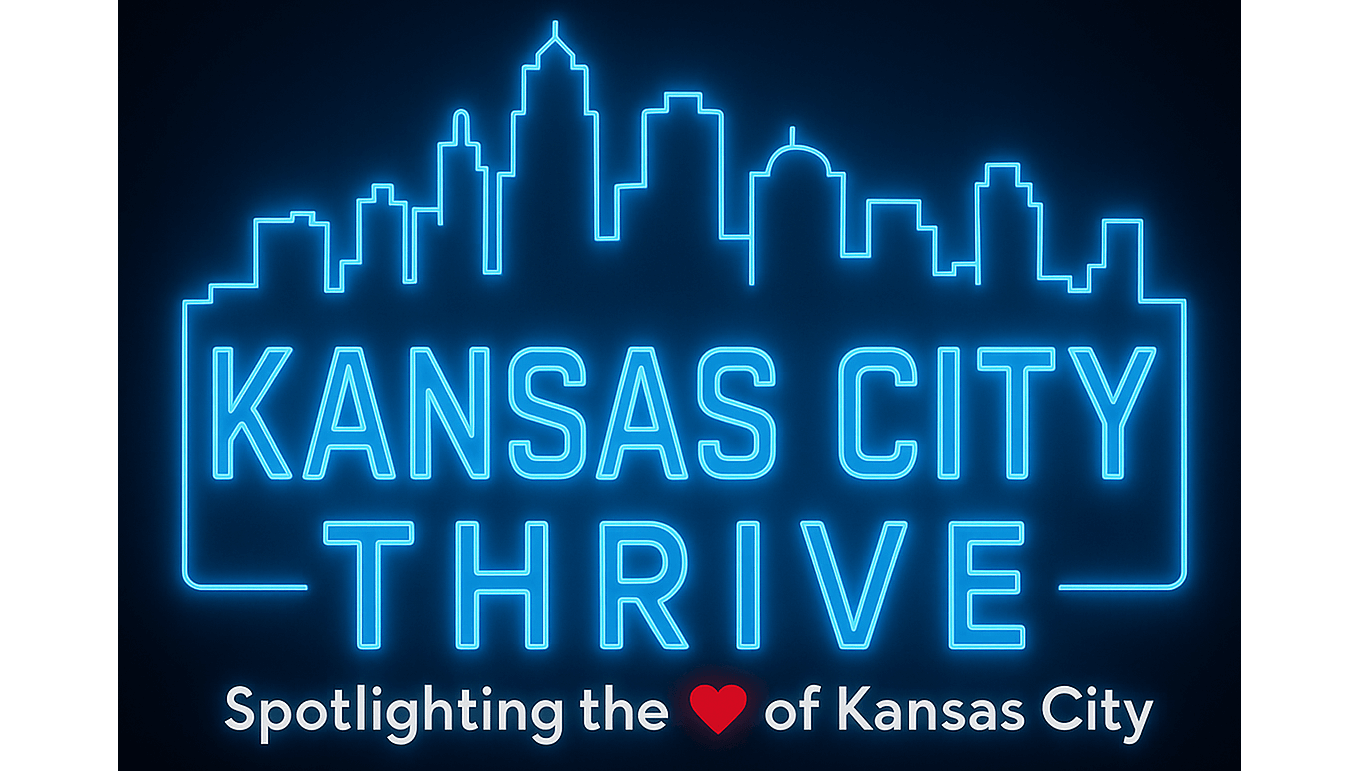
Unveiling Meta's Hidden Dangers: Whistleblower Revelations
A recent scandal has cast a dark shadow over Mark Zuckerberg's Meta, revealing potentially lethal flaws in its virtual reality (VR) systems, particularly those aimed at children. Whistleblower accounts have surfaced, detailing how internal research regarding the risks of VR to minors was allegedly suppressed. The chilling allegations include reports that children using Meta’s VR platforms have been targeted by sexual predators, highlighting urgent concerns around child safety in the metaverse.
The Disturbing Findings from Germany
Among the most shocking disclosures is a 2023 research visit to Germany, where a mother cited worrying encounters her children experienced while using Meta's VR technology. In conversations with an older sibling, revelations came to light: the younger child had reportedly been propositioned by unknown individuals. The emotional toll on the family was profound, with the mother realizing the potential dangers of the VR environment she had initially believed to be safe.
Meta’s Response: Silence and Suppression
According to the whistleblowers, the findings from this research trip were met with institutional pushback. They claim they were instructed to erase all documentation of these concerning encounters. Instead of addressing the alarming incidents, Meta’s report downplayed the threats by characterizing parental concerns as merely speculative. Such behavior may not only undermine trust in the company but also raise ethical questions about corporate accountability.
Warnings Ignored: Early Signs of Trouble
Internal communications from multiple sources within Meta have revealed that issues with underage users were flagged as early as 2017, raising alarm bells about the lack of effective age restrictions. A disturbing employee message noted that approximately 90% of metaverse users might be underage, posing severe implications for children's safety. Reports note that minors frequently interacted with older users, raising significant concerns. The failure to act on these alarming patterns suggests a troubling disregard for potential risks to vulnerable populations.
Legal and Ethical Implications: A Call for Accountability
Given these revelations, stakeholders are calling for greater scrutiny of Meta's operations. Sacha Haworth, Executive Director of The Tech Oversight Project, asserts that the company's alleged directives to suppress information about potential legal violations necessitate a comprehensive investigation. The narrative surrounding Meta isn't just a tech issue; it fits within a larger context of accountability in corporate governance and public safety.
Future Implications: What Lies Ahead
As the fallout from these disclosures unfolds, the implications extend beyond Meta alone. The debate surrounding child safety in the digital age, particularly in immersive technologies like virtual reality, is increasingly prominent. This situation prompts critical discussions about regulatory guidelines, age verification processes, and corporate design responsibilities regarding user safety, especially for children.
Join the Conversation
Given the ongoing discussion about technology's role in our lives, it's vital for local communities, including businesses in Kansas City, to engage with these issues proactively. Understanding the implications of virtual reality on user safety can equip businesses with the knowledge to navigate future challenges effectively.
If you have insights to share or want to continue the discussion, reach out to us at team@kansascitythrive.com.
 Add Row
Add Row  Add
Add 





Write A Comment